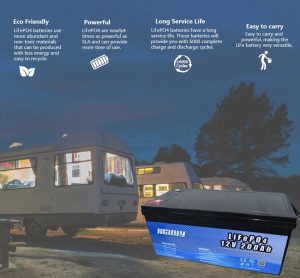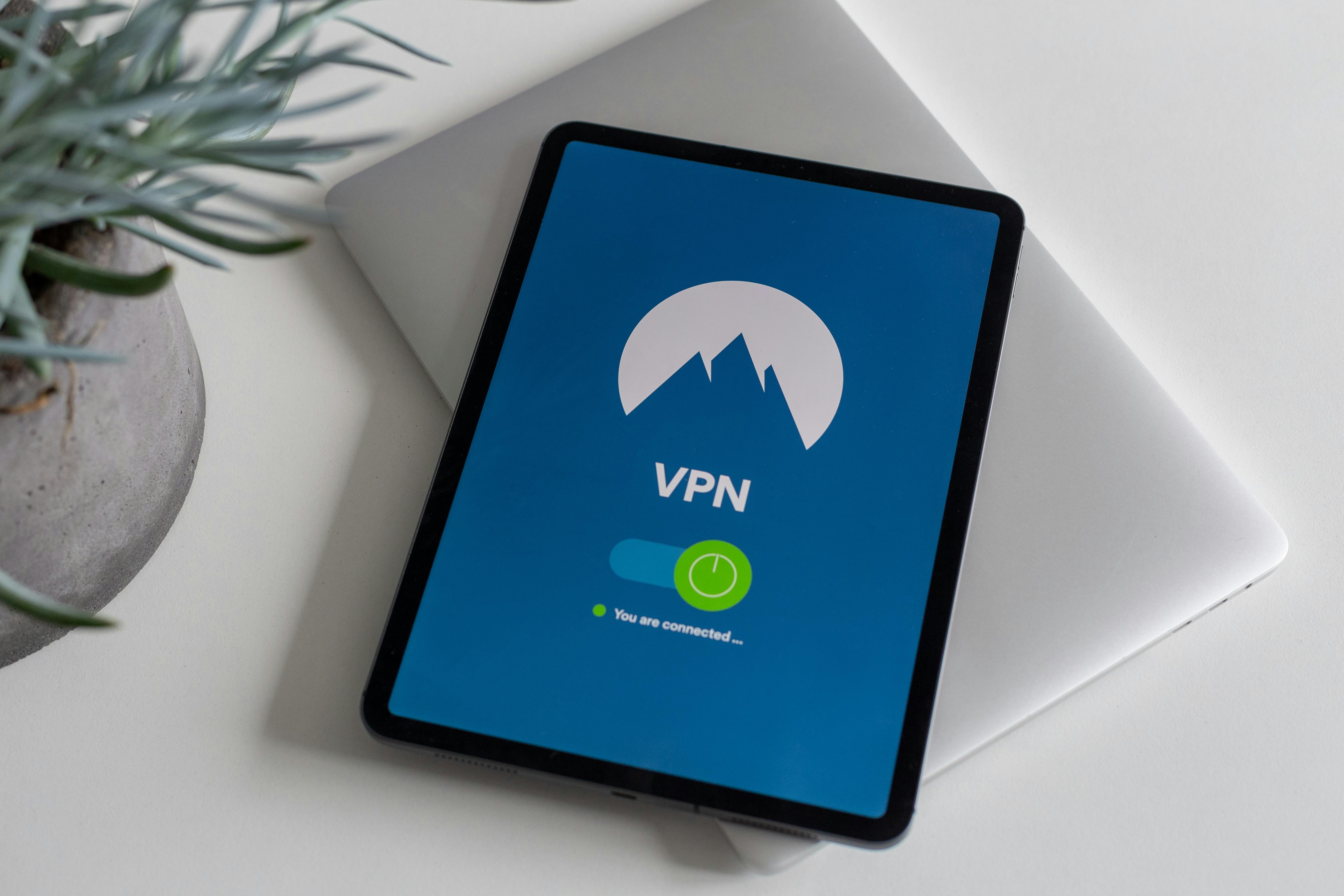12-Volt Lithium Battery Be Used in Cold Climates
A 12-volt lithium battery is an electro-chemical battery, meaning it has a chemical reaction going on inside that produces and stores energy. It also uses a special electrolyte to conduct this reaction. The temperature of the battery has a large impact on its performance. The lower the temperature, the slower these reactions occur, which affects how much energy it can release and store. This is why it is important to take steps to protect your batteries in cold climates.
Freezing temperatures will negatively impact your lithium battery, but they can still function. However, they will not be able to power your devices with the same capacity that they can in warm temperatures.

The ideal temperature for a 12 volt lithium battery is between 32 degrees Fahrenheit and 80 degrees Fahrenheit. These are not the only temperatures a battery can be used in, but they will work the best for longest period of time. When a battery is exposed to temperatures below these, it will start to lose its efficiency and can lead to damage over time.
Can a 12-Volt Lithium Battery Be Used in Cold Climates?
One of the main reasons a battery won’t be as effective in cold weather is because it has increased internal resistance. This is because the chemical reactions in a battery require heat to speed up, which is what activates them and triggers them to produce electricity. When these molecules are warmer, they possess more kinetic energy to break bonds and start chemical reactions. This is why it is so important to use a battery that has high-quality components and a well-designed BMS (battery management system).
Another factor that can reduce the capacity of a lithium battery in cold weather is freezing temperatures. Lithium ions are soaked up like a sponge in the porous graphite that makes up the anode, or negative electrode, of the battery. When charging below freezing temperatures, the ions can’t efficiently be intercalated with the anode and instead coat it (lithium plating). This causes a reduction in battery capacity as less of the anode is available to cause the flow of electricity.
The final way a lithium battery will be affected in cold weather is because it will not be as mechanically stable. If a battery is discharged below its rated temperature, it will begin to degrade rapidly and become less structurally sound. This can cause the battery to fail suddenly.
Fortunately, you can help your lithium battery perform better in cold climates by keeping it protected and warming it before using it. This can be done by using an insulated battery storage unit or a battery box that will help to keep the battery warm before it is charged and used in cold conditions. It’s also a good idea to invest in a battery heater that can provide additional heating and protection to your battery pack. This can be especially helpful if you are planning on spending long periods of time outdoors in cold conditions. For even more protection, consider using a battery that has built-in heating.

